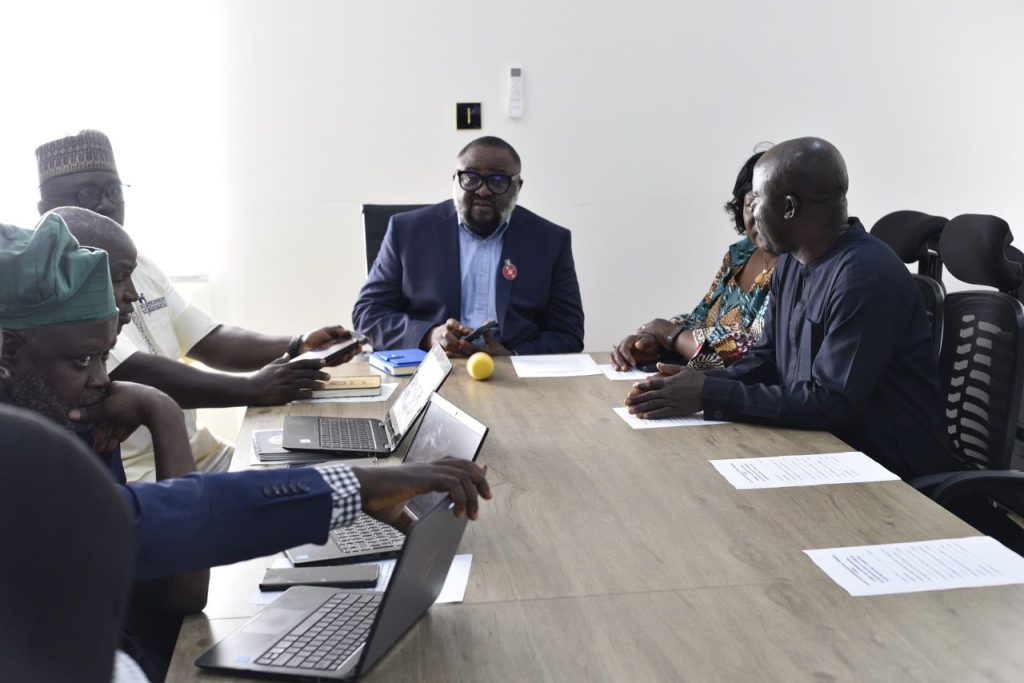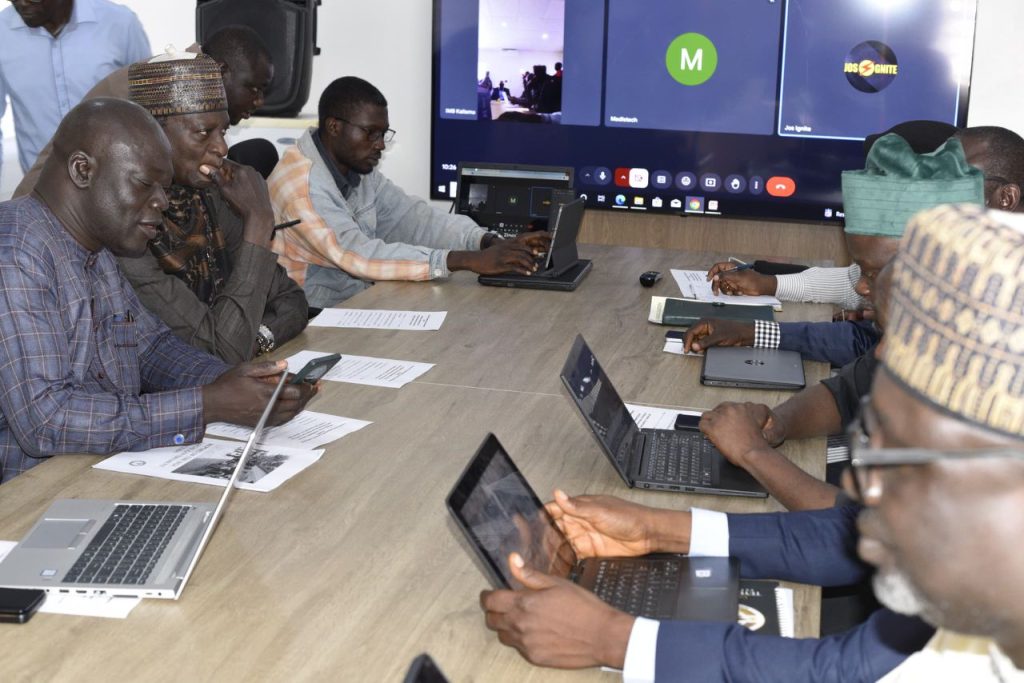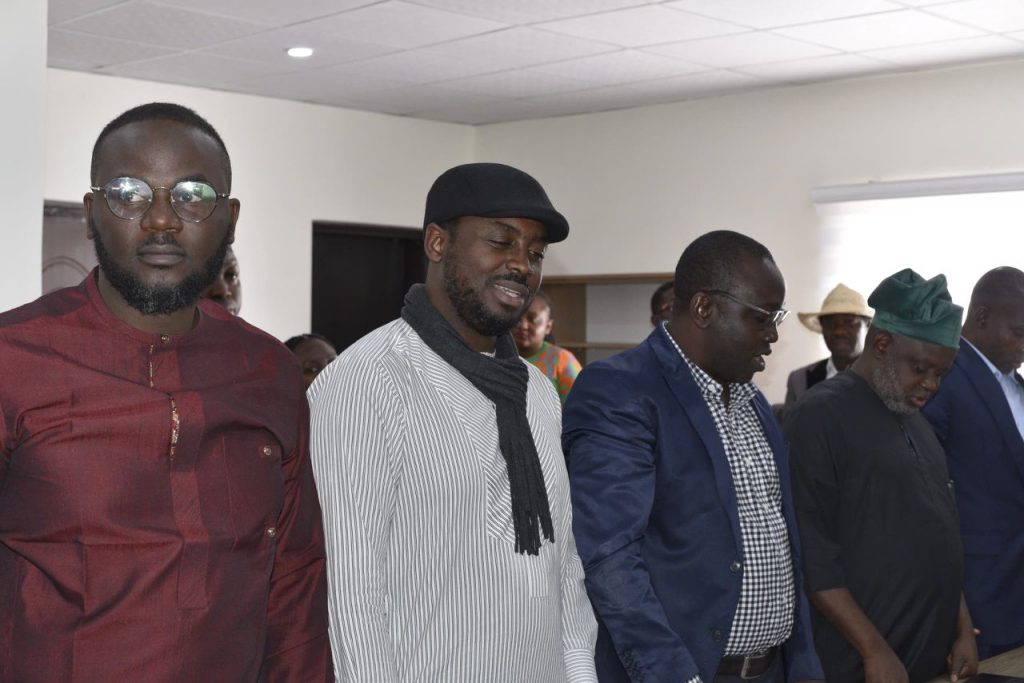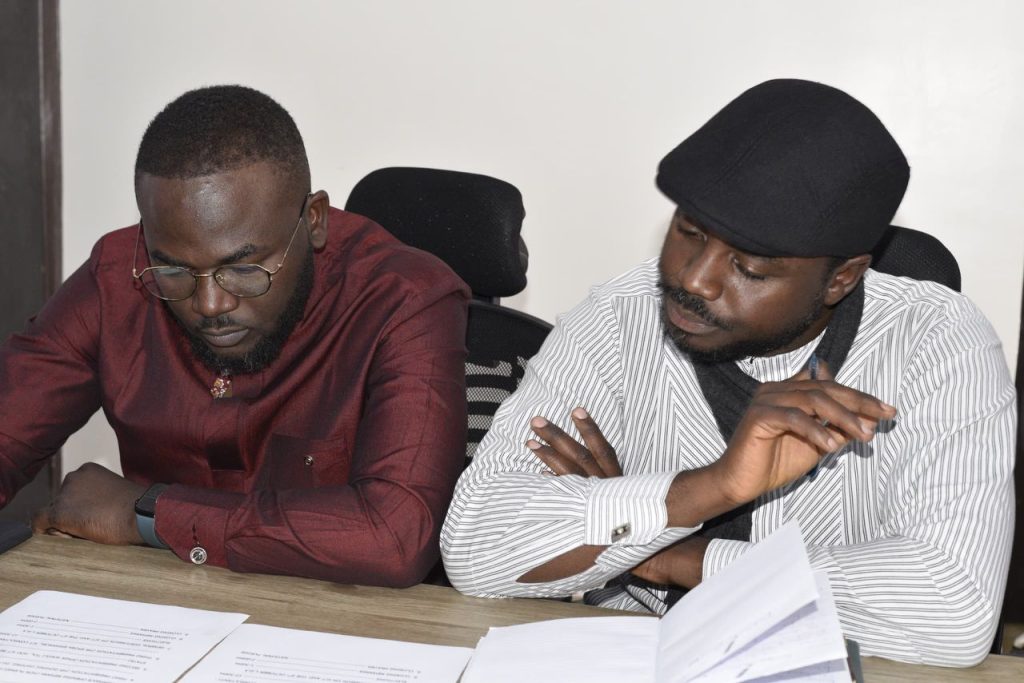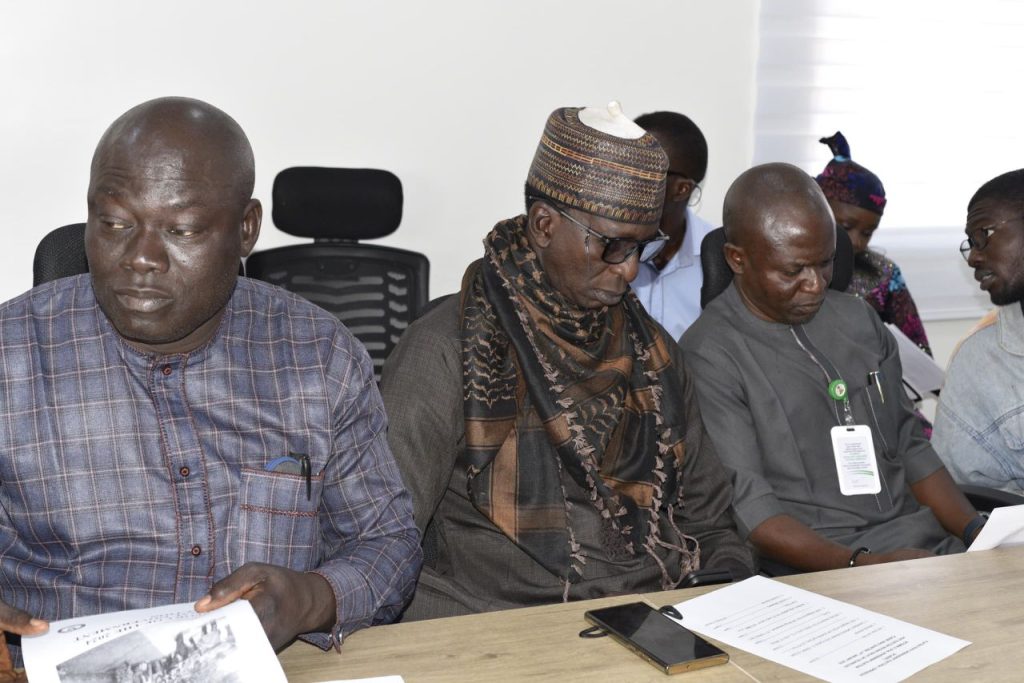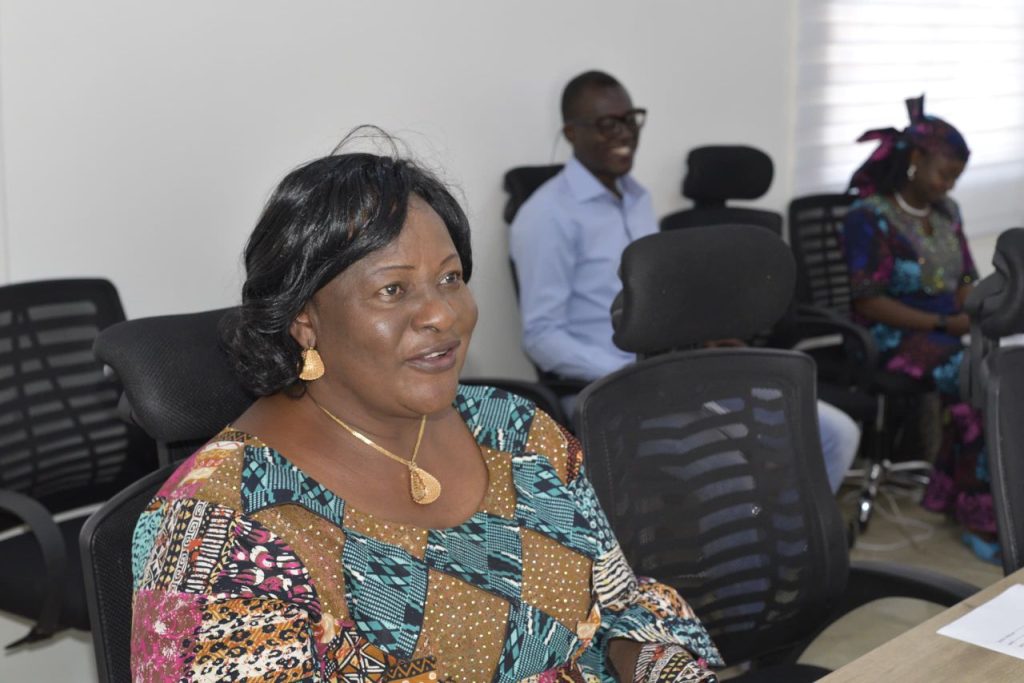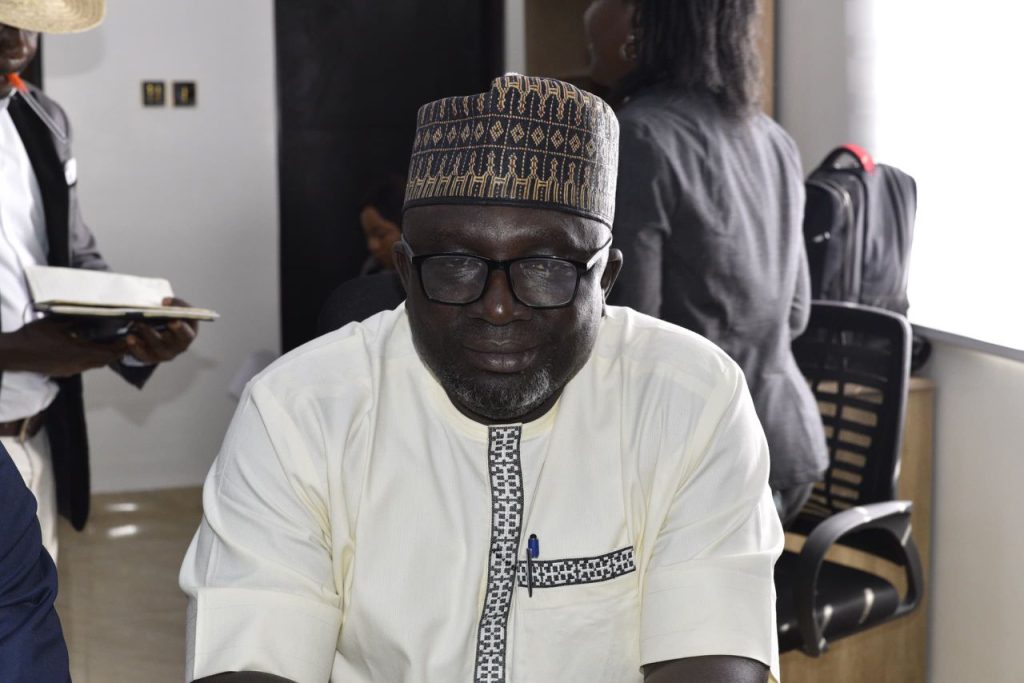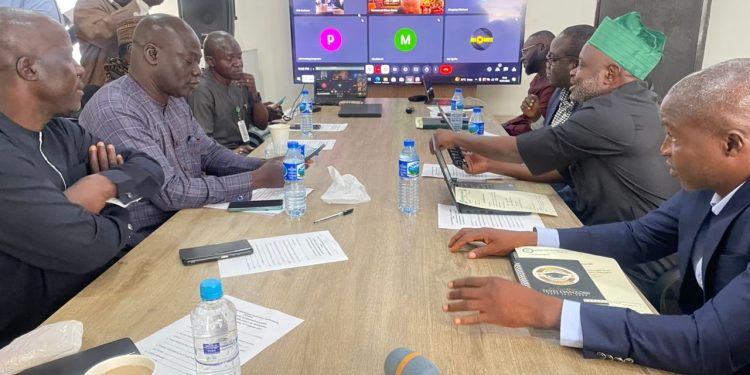The Plateau State Independent Electoral Commission (PLASIEC) hosted a post-election review session on January 14, 2024, at its headquarters in Jos, focusing on the use of technology during the recently concluded 2024 local government elections. The event brought together stakeholders, experts to assess the successes, challenges, and future prospects of technological innovations, particularly the Voter Verification System (VVS).
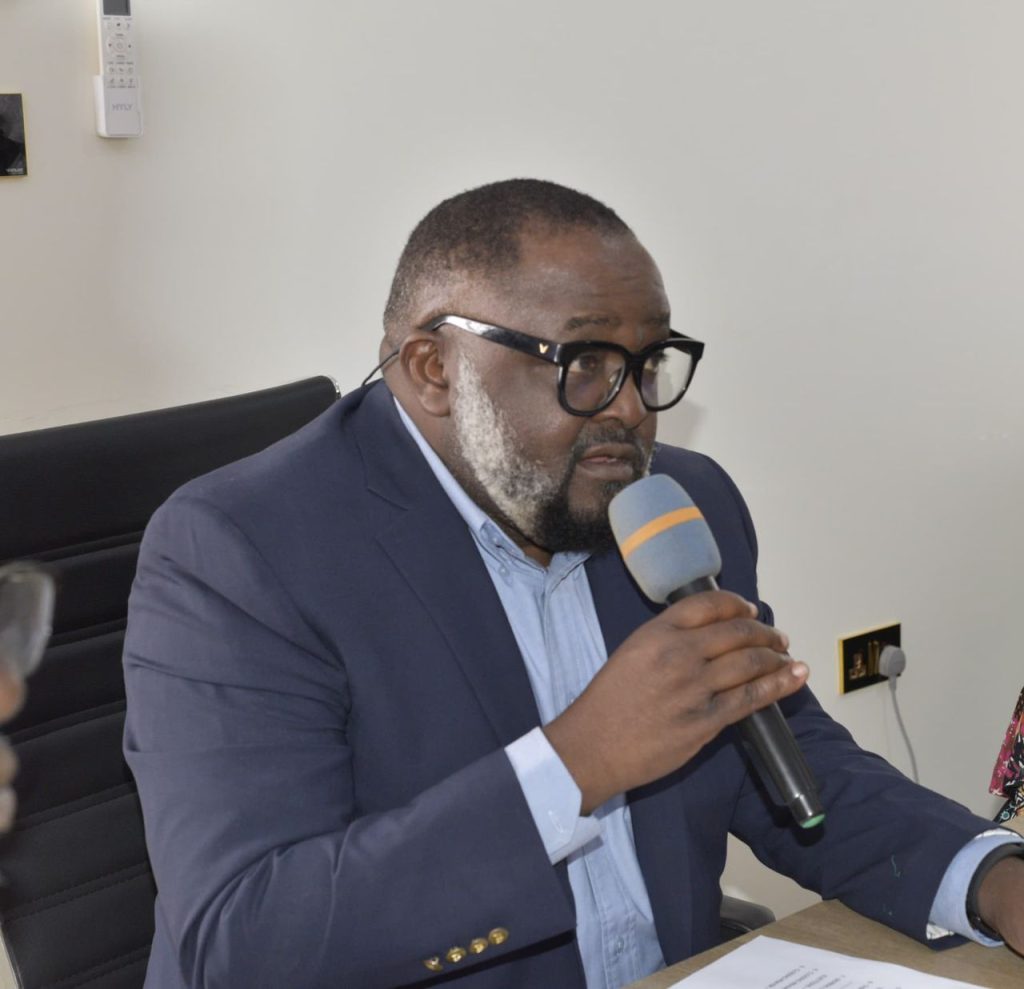
In his opening remarks, PLASIEC Chairman Hon. Plangji Daniel Cishak expressed deep gratitude to God, stakeholders, and staff for their roles in the success of the 2024 local government elections in Plateau State. He commended the dedication of individuals and teams who championed the voter verification system, a novel technology introduced during the election, he emphasized the need for critical evaluation to improve its performance in the future.
Acknowledging feedback from the media, civil society, security agencies, and political parties, Hon. Cishak stressed the importance of using both praises and criticisms to strengthen the electoral process. He also highlighted PLASIEC’s commitment to innovation and its ambition to set higher standards for future elections. Hon. Cishak concluded by appreciating the participants and resource persons, saying, “The essence is we want to up our game and develop something that can stand the test of time. This is an opportunity for us to improve and build a stronger institution.”
The session featured three key presentations from experts in election technology:
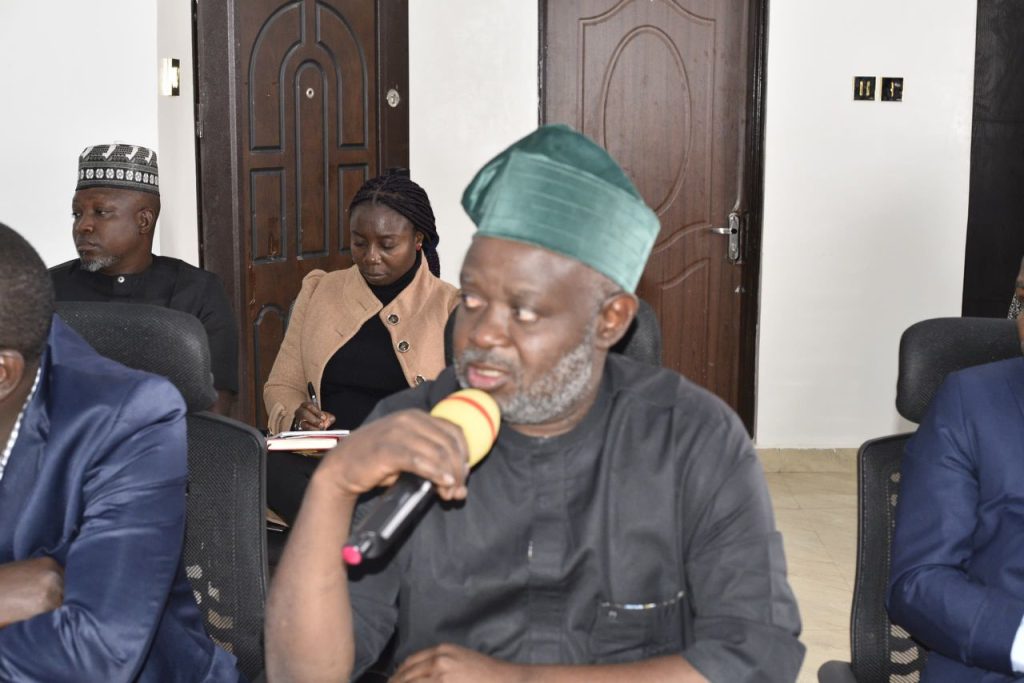
“Overview of the Use of Technology in Elections” by Datong Dominic Gwaman, Director General of PICTDA:
Gwaman discussed key principles such as transparency, inclusivity, integrity, fairness, accountability, and public confidence in election technology. He also outlined the historical progression of electoral technology, emphasizing its transformative role in enhancing credibility.
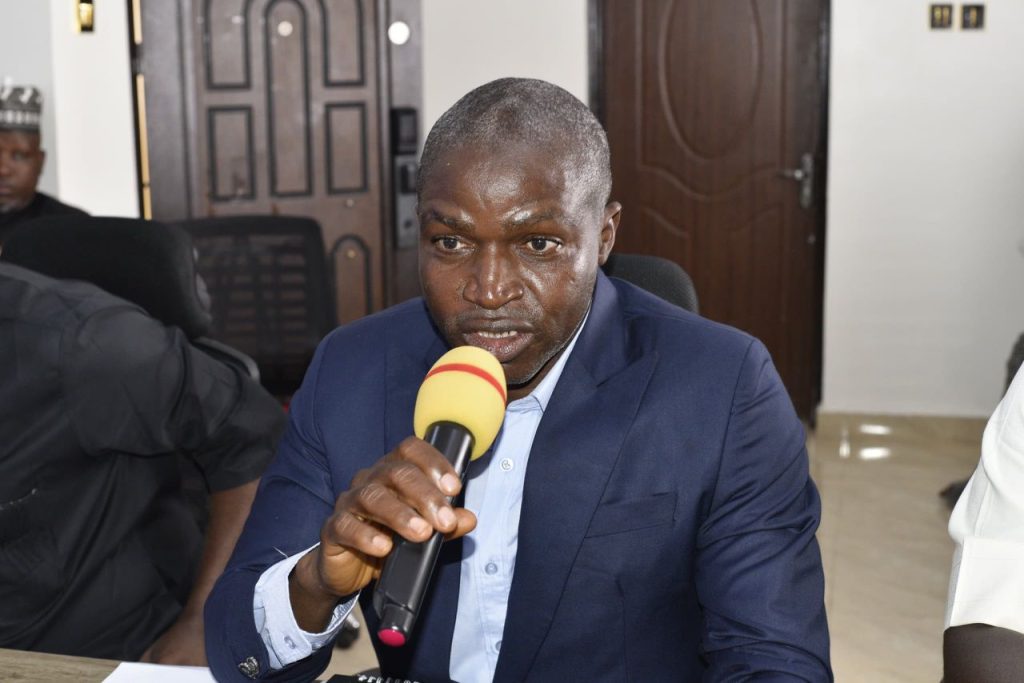
“The Use of Technology in Electoral Process in Nigeria” by Engr. Wakili Tol, HOD ICT, INEC Benue State:
Tol highlighted critical factors for effective electoral technology, including legal frameworks, transparency, reliability, audit, verification, and cybersecurity. He also reviewed technologies used by INEC from 1999 to 2023, showcasing lessons learned and opportunities for improvement.
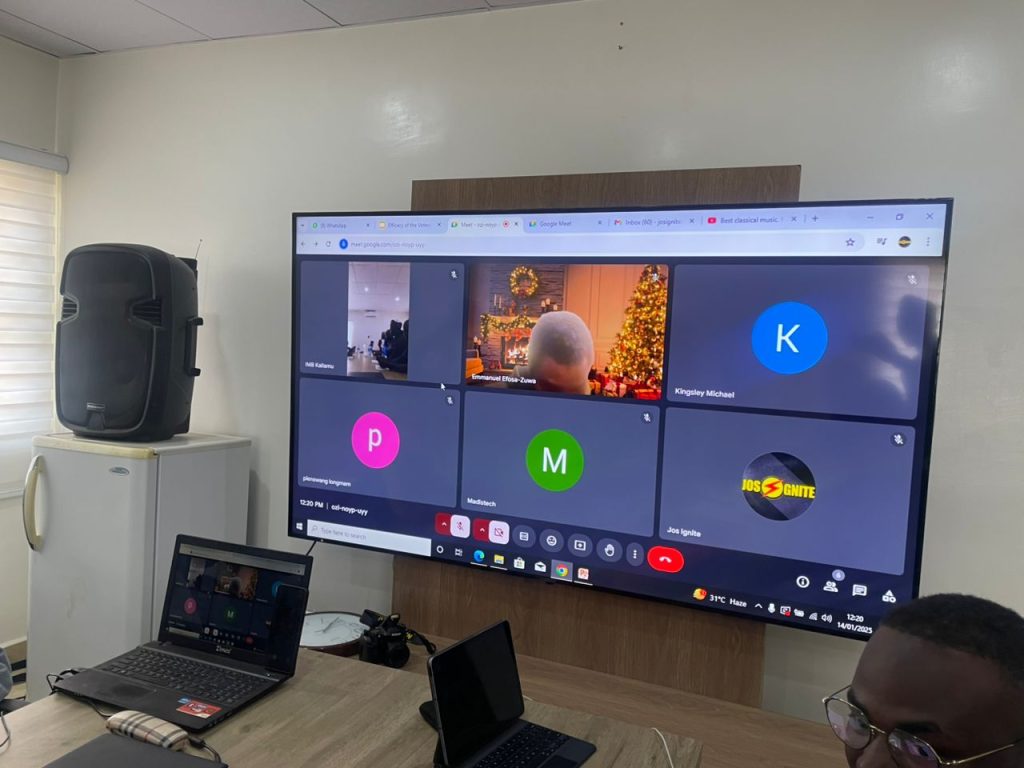
“The Efficacy of the Voter Verification System (VVS): Its Challenges and Prospects” by Emmanuel Efosa-Zuwa:
Efosa detailed the successes of the VVS, including increased credibility through accurate voter verification, robust cybersecurity measures that thwarted cyberattacks from 19 countries, and operational efficiency in areas without network coverage. He also outlined challenges and recommendations for future enhancements.
The session concluded with an engaging discussion where participants commended PLASIEC’s innovation in deploying the VVS to mitigate election fraud. They provided valuable recommendations for improving the system to ensure broader reliability, accessibility, and sustainability in future elections.
The review underscored PLASIEC’s commitment to advancing election technology and raising standards for future electoral processes in Plateau State.
